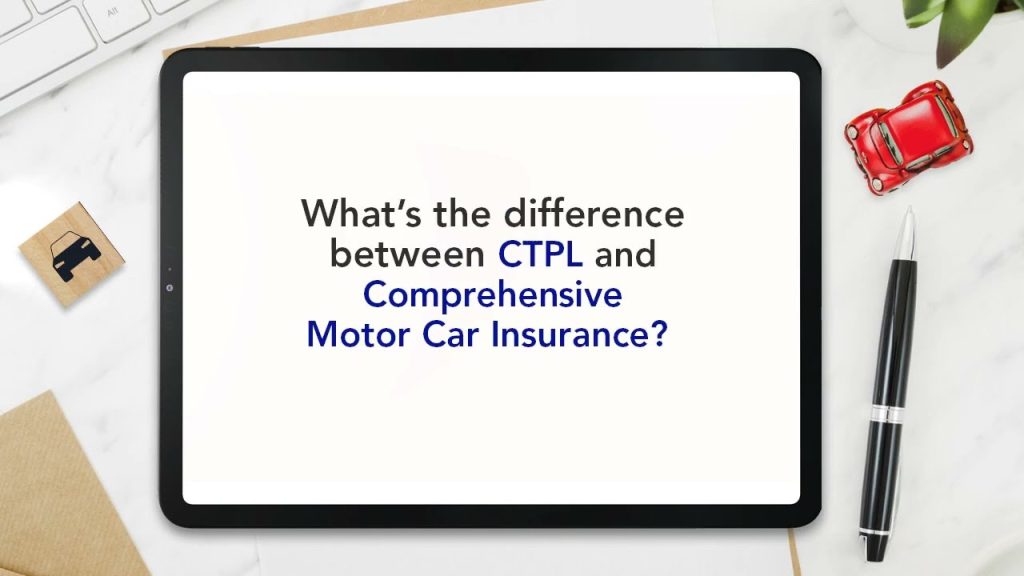Auto Liability Insurance?
Auto liability insurance is a type of insurance coverage that helps protect a driver if they’re found legally responsible for causing injury or property damage to others in an automobile accident. It’s typically required by law in most states and is designed to cover the costs associated with bodily injury or property damage sustained by others due to the insured driver’s actions.
Auto liability insurance usually consists of two primary components:
- Bodily Injury Liability Coverage: This part of the policy helps cover the costs associated with injuries sustained by other people in an accident for which the insured driver is at fault. It can include medical expenses, lost wages, pain and suffering, and legal fees if the injured party decides to sue.
- Property Damage Liability Coverage: This component helps cover the costs of repairing or replacing property that the insured driver damages in an accident for which they are at fault. This could include repairing another person’s vehicle, repairing or replacing damaged structures like fences or mailboxes, or compensating for other types of damaged property.
Auto liability insurance typically does not cover the insured driver’s own injuries or property damage; for that, additional coverage options like personal injury protection (PIP) or collision coverage may be necessary.
The coverage limits for auto liability insurance can vary depending on the policy and the state’s requirements, but it’s essential to have sufficient coverage to protect your assets in case of a significant accident where you’re found at fault.




Responses